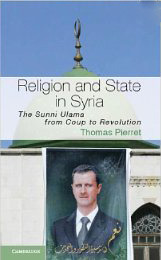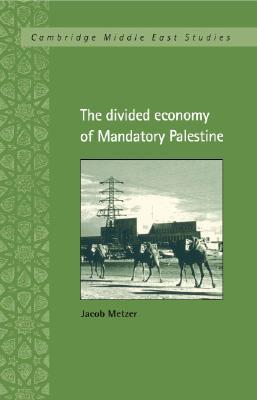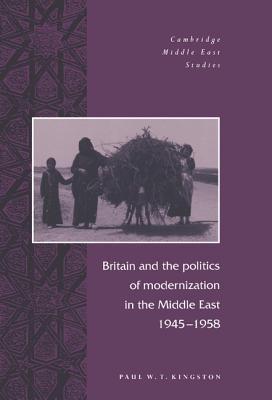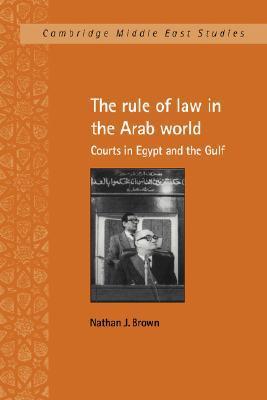
2013
First Published
3.62
Average Rating
295
Number of Pages
Part of Series
While Syria has been dominated since the 1960s by a determinedly secular regime, the 2011 uprising has raised many questions about the role of Islam in the country's politics. This book demonstrates that with the eradication of the Muslim Brothers after the failed insurrection of 1982, Sunni men of religion became the only voice of the Islamic trend in the country. Through educational programs, charitable foundations and their deft handling of tribal and merchant networks, they took advantage of popular disaffection with secular ideologies to increase their influence over society. In recent years, with the Islamic resurgence, the Alawi-dominated Ba'thist regime was compelled to bring the clergy into the political fold. This relationship was exposed in 2011 by the division of the Sunni clergy between regime supporters, bystanders and opponents. This book affords a new perspective on Syrian society as it stands at the crossroads of political and social fragmentation.
Avg Rating
3.62
Number of Ratings
26
5 STARS
12%
4 STARS
58%
3 STARS
15%
2 STARS
12%
1 STARS
4%
goodreads
Author

Thomas Pierret
Author · 1 book
Dr Pierret earned his PhD in Political and Social Sciences at Sciences Po Paris and the Catholic University of Louvain (2009), funded by the Fonds National de la Recherche Scientifique (Belgium). He received his License in Modern History from the University of Liège (2001), his MA in International Politics from the Free University of Brussels (2002), and his MA in Comparative Politics (Muslim world) from Sciences Po Paris (2003). He attended a year-long intensive advanced Arabic language course at the French Institute of Damascus (2003-4). In 2010, he was a postdoctoral research associate at Princeton University, Department of Near Eastern Studies. In 2011, he was a visiting fellow at the Zentrum Moderner Orient, Berlin.


